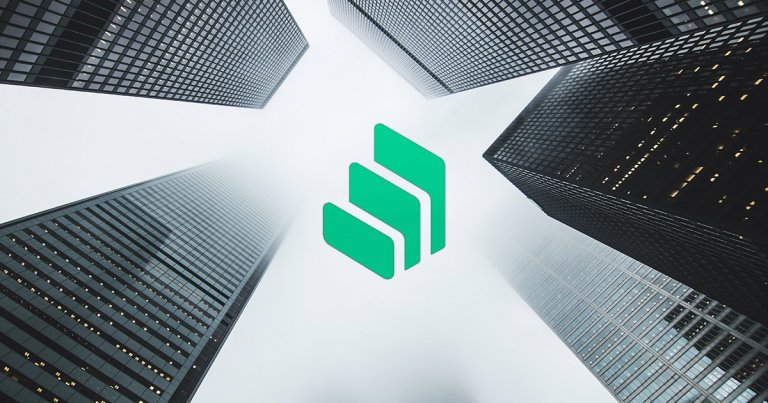 Betting against Compound? This DeFi app just made it possible with COMP options
Betting against Compound? This DeFi app just made it possible with COMP options Betting against Compound? This DeFi app just made it possible with COMP options

Photo by Matthew Henry on Unsplash
Compound’s (COMP) meteoric rise is equal parts FOMO and illiquid price pushing, with industry observers drawing parallels with the infamous ICO boom of 2017.
The lending-centric token even made it to Coinbase this week, with the latter notorious for taking a methodical, legal-first approach to projects.
Thus far, there were limited avenues to bet against COMP price, with only FTX and UMA providing relevant products. However, on Friday, DeFi exchange Opyn said it was listing put options for COMP, providing bears with an avenue to short the token.
Bet against COMP
Styled as a DeFi risk management tool instead of a vanilla exchange, Opyn exclusively provides put options on popular DeFi tokens. The firm even raised $2 million earlier this week to expand its tech stack and product suite.
1/ We’re excited to launch @compoundfinance COMP put options! You can protect yourself if COMP falls to $150 or lower before July 3rd.
New ETH put is live as well! You can protect yourself if ETH falls to $230 or lower before July 10th.
— opyn (@opyn_) June 26, 2020
The first put option is currently live and provides an expiry price of $150 or lower per COMP on June 3. The latter currently trades at $259 as per data on CoinGecko.
Put option protection provides security against volatility & flash crashes, noted Opyn in further tweets, adding:
“When you purchase protection, you buy an oToken, giving you the right to sell your asset (eg. ETH, COMP) at the strike price no matter what its market price is. This oToken caps your downside.”
Opyn users can earn premiums in return for the “protection” they provide. All earned premium remains with the holder above the strike price until expiry. Collateralization is with the USDC, with Opyn stating it eliminates liquidation risk.
Yield farming spurs COMP rise
Since its launch on June 18 with an initial price of $61, COMP surged to $359 on June 21, buoyed by the bullish sentiment and market interest in “yield-farming” and DeFi applications.
A Coinbase listing announcement may have catalyzed its price further, courtesy the famed “Coinbase effect” — which sees altcoins pump tremendously ahead of a listing on the U.S. exchange followed by a dump afterward.
But interest observers are not impressed. Some even draw parallels with a Ponzi scheme, as COMP’s protocol does not allow it to fall below the initial $61 price.
Ex-Messari product head Qiao Wang has spoken against the yield farming frenzy in recent times:
It’s very easy to misinterpret yield farming as a financial innovation. It’s not. It’s an innovation in user acquisition / growth hacking.
As a result, we will see many centralized businesses apply these techniques. BNB is a great example. But it doesn’t have to be in crypto.
— Qiao Wang (@QWQiao) June 24, 2020
Ultimately, as CryptoSlate reported earlier, much of DeFi’s attractive yields come from loaning the collaterals out to other traders who, in turn, turn a profit on their capital to pay back COMP holders.
This creates a trading-centric product very similar to what banks did in 2018 — create leverage upon leverage and hand it out to those chasing high returns.
But one must clearly understand the risks that DeFi yield farming brings to the table. Otherwise, such situations will start becoming more common:
F for our fallen farmer pic.twitter.com/ROcWakC5fO
— 찌 G 跻 じ ⚡️ ? (@DegenSpartan) June 21, 2020

















































































































